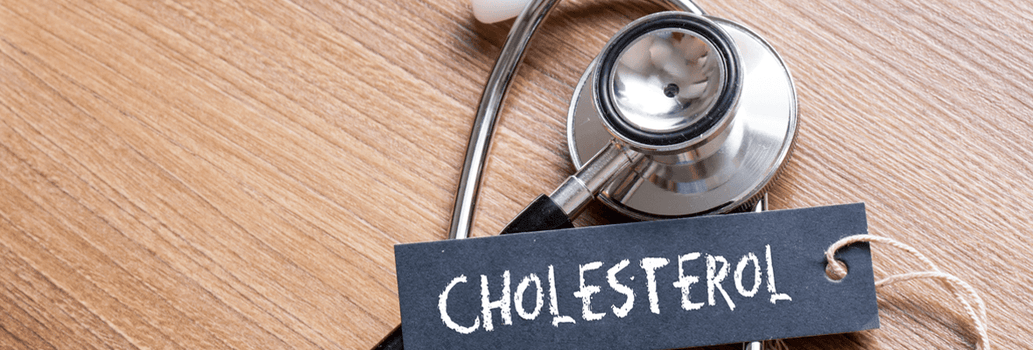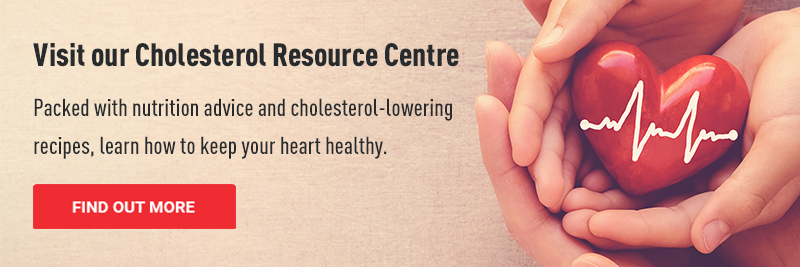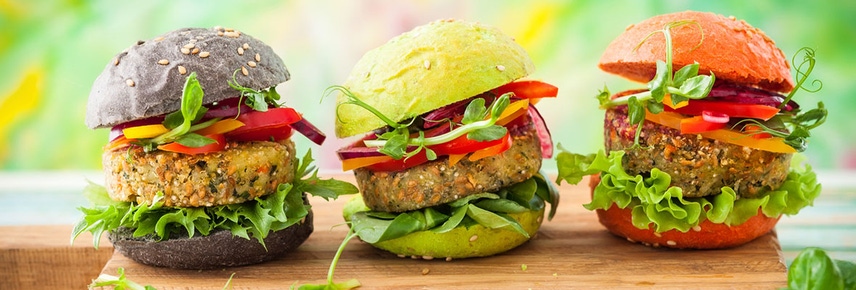
Cholesterol hits & myths
Getting the facts on fats and cholesterol can be confusing. Here we sort truth from fiction when it comes to 7 common cholesterol concerns.
MYTH: All cholesterol is the same
Wrong. We get cholesterol from different sources – there’s cholesterol we make, and cholesterol we eat. Most of our cholesterol is made naturally by our bodies in the liver and called blood cholesterol. Cholesterol that is found in foods that come from animals – like eggs, meat and cheese – is called dietary cholesterol.
FACT: It’s okay to eat foods containing cholesterol
Dietary cholesterol isn't nearly as dangerous as once thought. Eating cholesterol-rich foods only has a limited effect on your blood cholesterol level, far less than bad fats like saturated and trans fats. A relatively small amount of the cholesterol in food ends up as cholesterol in your bloodstream – and if your dietary cholesterol intake rises, your body compensates by making less cholesterol.
Download our free nutrition fact sheet for expert dietitian advice on heart health.
MYTH: Cholesterol is bad for you
If we have too much cholesterol in our blood that isn’t a good thing. But, we do need some cholesterol - it’s essential for a whole range of bodily processes from insulating nerve cells in the brain to helping make hormones, vitamin D and structures for cell membranes.
FACT: Eggs are okay!
Eggs-actly! While you don't want to overdo it, there’s no reason why nutrient-rich eggs can’t be included as part of a healthy diet. The Heart Foundation says 6 eggs a week won’t affect your heart health. You can eat foods like eggs that contain cholesterol in moderation, as long as your overall diet is low in saturated fats. Eggs are an excellent source of protein too.
MYTH: All fats are bad
Fats are fats, right? Wrong. Fats are an important part of a healthy balanced diet. The key is the type of fat you choose. The Heart Foundation recommends reducing saturated and trans fat, rather than all fats. Choosing healthier unsaturated fats like nuts and avocado in place of saturated fats (like processed meats and fried foods) will help lower your total and ‘bad’ LDL cholesterol, and reduce your risk of heart disease.
FACT: Kids can have high cholesterol
It’s important for children who are overweight, have hypertension (high blood pressure) along with a family history of heart disease to have their cholesterol tested – even from as young as 2 in some cases. Children with high cholesterol should limit saturated fat and dietary cholesterol and make sure they’re active and getting plenty of exercise.
MYTH: If the label says ‘cholesterol free’ or ‘0 mg cholesterol’, it’s heart healthy
There’s more to the heart health picture than cholesterol present in food. The cholesterol information on a nutrition label refers to dietary cholesterol. When it comes to ‘bad’ LDL cholesterol that causes heart disease, dietary cholesterol (or cholesterol we consume from our diet) is less important than saturated fat (found in meats and coconut oil for example ) and trans fats (found in baked and packaged foods). Checking the label for saturated and trans fat levels can help you make better heart healthy choices.
For a food to be low in saturated and trans fats, the Food Standards Code says it must have less than 1.5g of saturated and trans fats per 100g in a food, or a little bit less in a liquid at just under 1 gram per 100mL. The Health Star Rating will help you make better choices within the same category of foods, so keep an eye out for that too.
Want more information?
Our nutrition fact sheets, created by accredited dietitians, provide the latest nutrition and lifestyle information to help you understand which foods are the best to eat. Click here to see the heart health nutrition fact sheets.

The latest nutrition advice, plus health and wellness tips delivered to your inbox monthly


